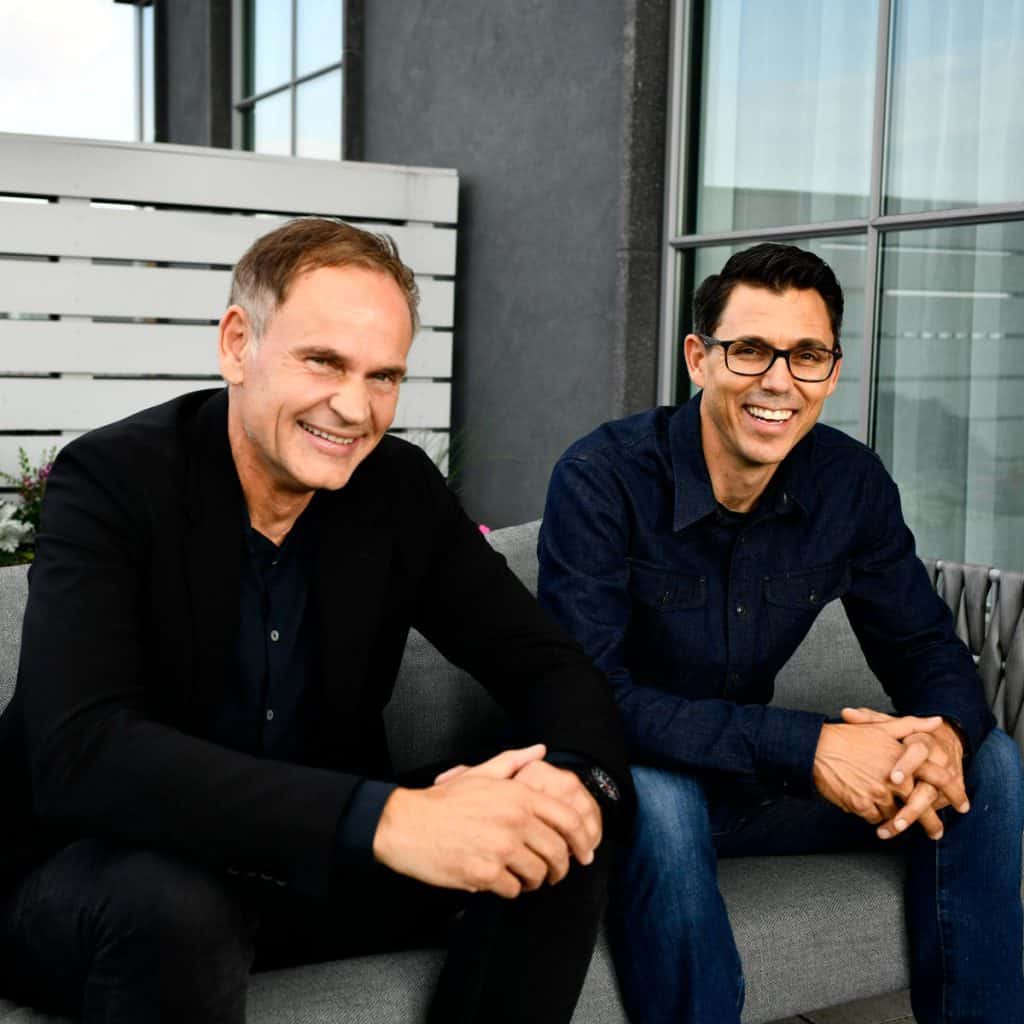
Headed by Wassym Bensaid from Rivian and Carsten Helbing from Volkswagen, the joint venture (JV) will start operations in Palo Alto, California, with teams of engineers and developers from both companies. Additional R&D sites in North America and Europe are also in the works, aiming to quickly develop and roll out tech that will shape the future of both brands’ EV lineups, from compact city cars to luxury models.
VW Group CEO Oliver Blume called the partnership a “natural step” in VW’s software ambitions. “Today’s launch of this joint venture shows the power of what we can achieve together,” said Blume. “Our plan is to deliver best-in-class products and digital experiences through cutting-edge development processes and smart cost-sharing synergies.”
For Rivian, the venture marks a significant milestone. Founder and CEO RJ Scaringe sees the collaboration as a leap forward in the company’s mission to accelerate EV adoption worldwide. “We’re thrilled to integrate our technology with VW’s, helping EVs reach more people than ever,” said Scaringe. “Our focus remains on creating products that benefit our customers and drive the industry forward.”
The JV’s foundation will be built on Rivian’s established electrical architecture and software stack. This means Rivian’s R2 is expected to launch by 2026, with VW’s own first models hitting the market as early as 2027. The companies plan to take this platform global, rolling out vehicles that will support advanced driver assistance, over-the-air (OTA) updates, and modular technology upgrades throughout a vehicle’s lifetime.
In a preview of the JV’s potential, the two companies’ teams have already built a drivable demo vehicle—taking a Volkswagen model and retrofitting it with Rivian’s zonal hardware and software platform. This initial project, completed in just 12 weeks, highlights the scalability and flexibility of their combined tech.
Volkswagen is committing up to $5.8 billion to the joint venture through 2027, starting with an initial $1 billion investment in the form of convertible notes. At launch, VW will also invest about $1.3 billion for intellectual property licenses and a 50% equity stake, with further investments tied to development milestones.
The venture isn’t just about creating vehicles; it’s about crafting a flexible and scalable EV platform that can drive costs down and tech innovation up for both companies. As co-CEO Carsten Helbing notes, “We’re off to a strong start, and the team is working hard to redefine what’s possible when a legacy brand and a next-gen automaker combine their strengths.”